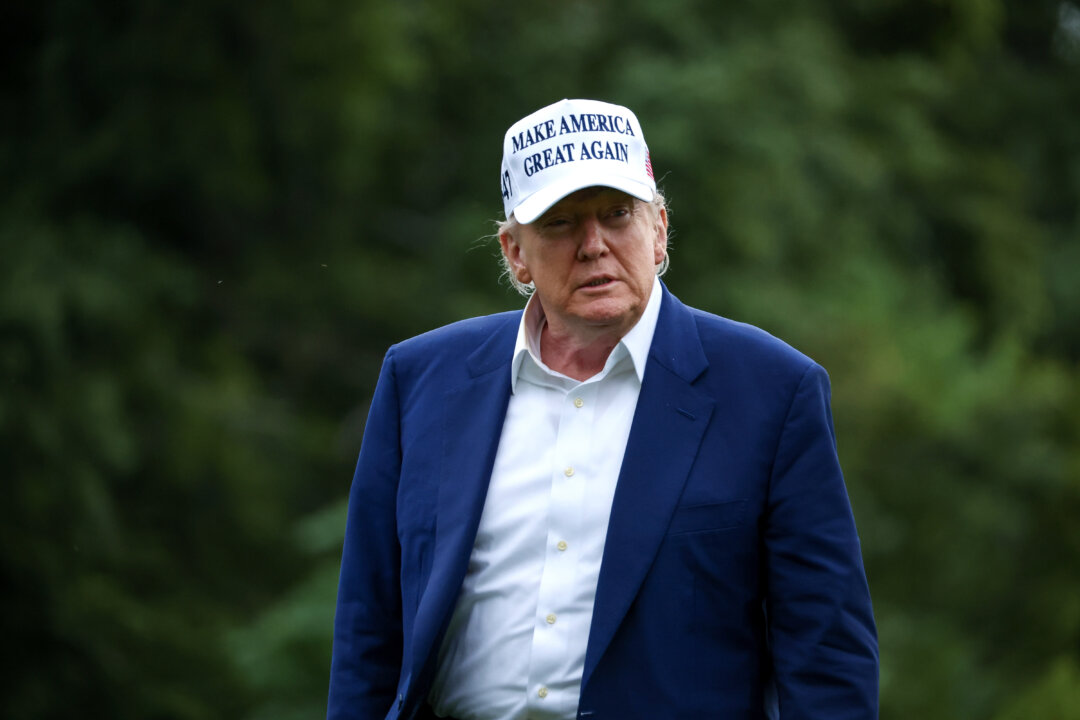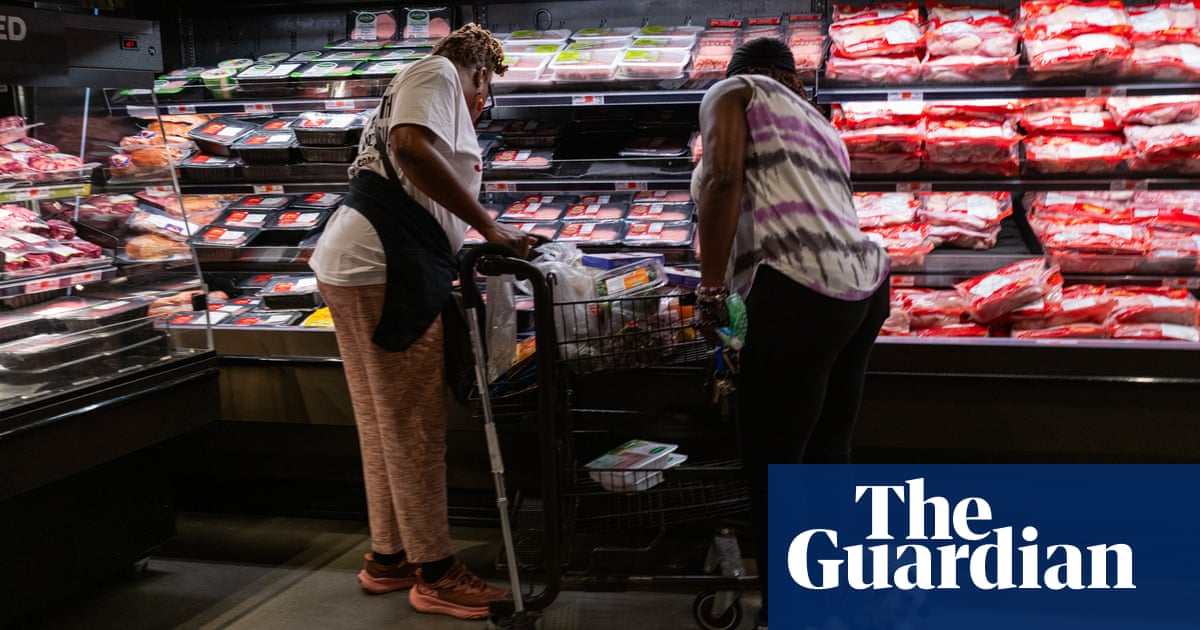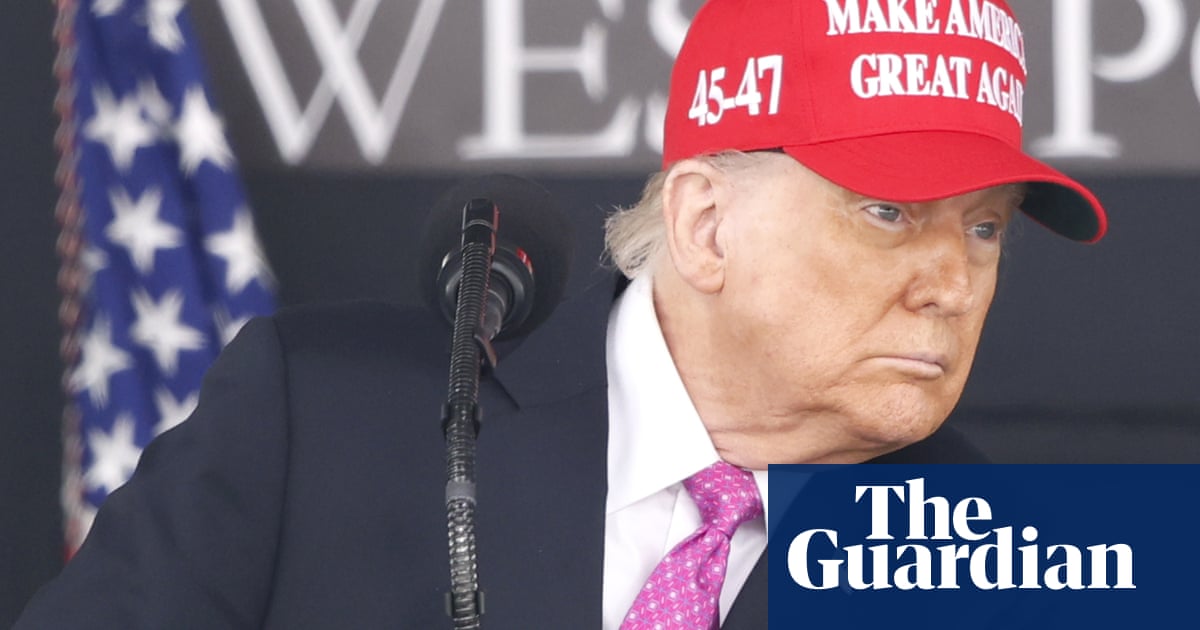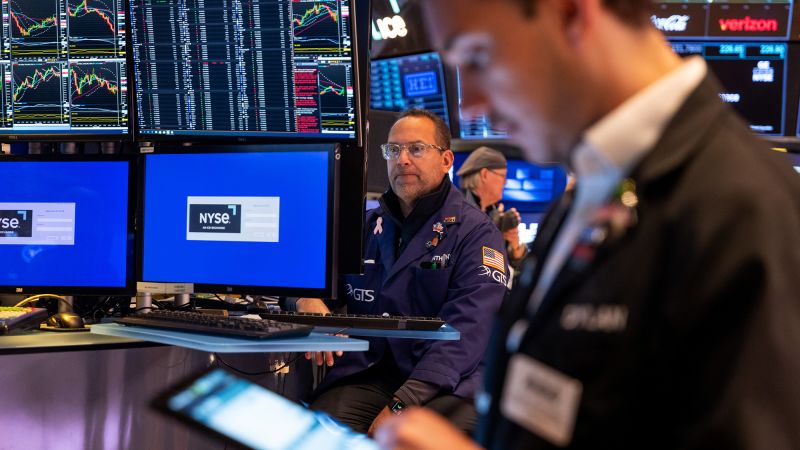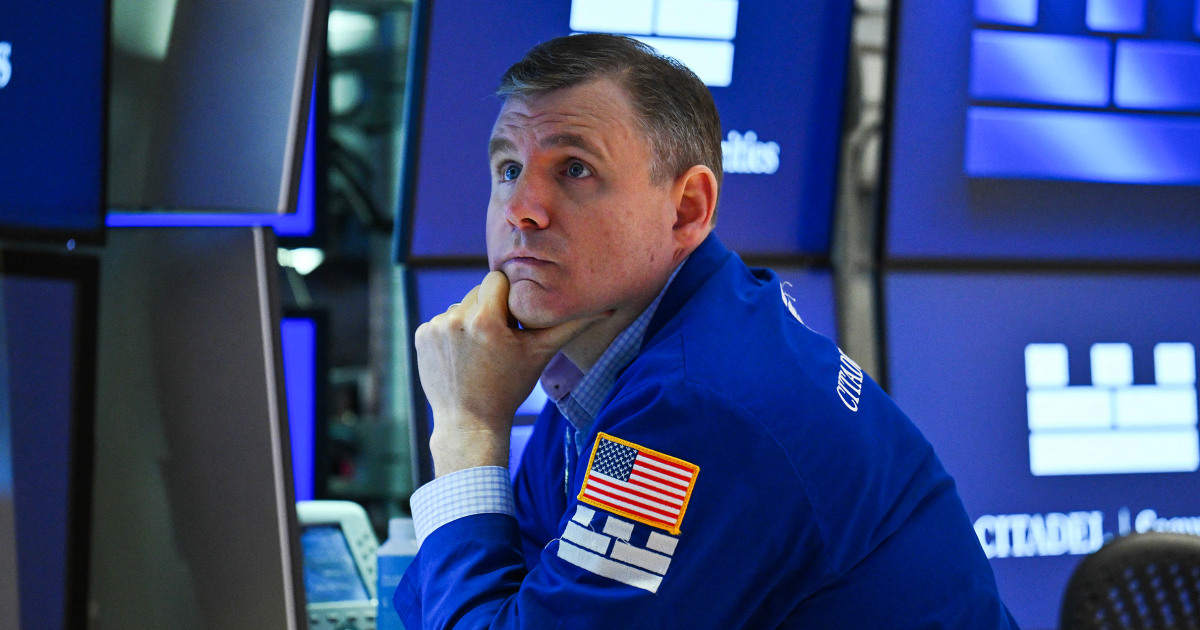Global Markets React to Improved Consumer Confidence Amid Tariff Delays
U.S. futures rise as consumer confidence rebounds, following President Trump's delay of tariffs on EU goods until July 9.
Subscribe to unlock this story
We really don't like cutting you off, but you've reached your monthly limit. At just $5/month, subscriptions are how we keep this project going. Start your free 7-day trial today!
Get StartedHave an account? Sign in
Overview
Global stock markets showed mixed results as U.S. futures surged after President Trump announced a delay on imposing a 50% tariff on EU goods until July 9. This decision coincided with a significant rebound in consumer confidence, which rose 12.3 points in May, ending five months of decline. The Conference Board reported that this increase was broad-based across demographics, driven by optimism from recent trade agreements, including a U.S.-China deal that reduced tariffs. However, analysts remain cautious about the sustainability of this rally amid ongoing trade policy volatility and the potential for inflationary pressures.
Report issue

Read both sides in 5 minutes each day
Analysis
- The articles present a cautiously optimistic view of the economy, noting a rebound in consumer confidence after declines.
- Concerns about tariffs and inflation remain, but job growth and consumer spending show signs of improvement.
- Tariff rollbacks by President Trump are credited with boosting consumer sentiment across various demographics.
Articles (12)
Center (4)
FAQ
The rebound in U.S. consumer confidence in May 2025 was driven by optimism following recent trade agreements, including a U.S.-China deal that reduced tariffs, as well as the delay of tariffs on EU goods. This optimism was broad-based across all age, income, and political groups, with consumers feeling more positive about business conditions, job availability, and future income prospects.
The delay of a 50% tariff on EU goods until July 9 by President Trump led to a surge in U.S. futures and contributed to an improvement in consumer confidence. This decision helped ease some trade tensions, which bolstered consumer optimism and reflected positively on global stock markets, although markets showed mixed results overall.
The Expectations Index, which measures consumers' short-term outlook on income, business, and labor market conditions, increased sharply in May to 72.8 from 55.4, indicating growing optimism. The Present Situation Index, reflecting consumers' views of current business and labor conditions, also improved to 135.9 from 131.1. These indices suggest that while consumers are more optimistic about the near future, there is still some caution about present economic conditions.
Analysts remain cautious about the sustainability of the consumer confidence rally due to ongoing trade policy volatility and the potential for inflationary pressures, which could undermine economic stability despite recent positive developments in trade negotiations and tariff delays.
History
- 5M

 4 articles
4 articles
